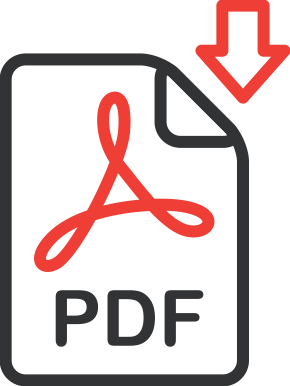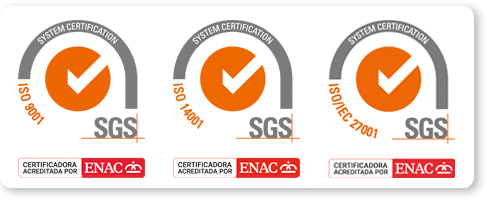
- This event has passed.
Process Control for Process Engineers using Dynamic Simulation
November 14, 2023 – November 16, 2023
Location: Classroom Course
Course price: 1,815€
Process Engineers are heavy users of simulation tools (HYSYS, UniSim, A+, …) to design new processes or revamps. They mainly work in steady-state mode, but frequently they have to interact with the Control Engineers to discuss how the process will be controlled and operated. Then, many process dynamics and control concepts need to be clearly understood by the Process Engineers to effectively design the production process and their corresponding control philosophy.
Plant designs have become increasingly complex, integrated and interactive. Heat integration, process recycles and minimum hold-ups are typical design features. Whilst such designs optimize steady state operation, they present particular challenges to control and operations engineers. Clearly, the ideal solution is not to just develop a working control strategy, but also to design a process that is inherently easy to control.
Some questions answered during the course:
- How valve ́s size affects the process behavior?, What problems are encountered for wrongly sized valve?
- How valve characteristics changes when it is installed?
- How to indentify process responses and non-linear behavior?
- What process parameter determines the ability of a process to reject, or attenuate, disturbances?
- Why process capacitance is good for disturbance rejection, but produces very slow response times?
- Why process Dead Time has no effect on the filtering capability of the process?
- When processes with Dead Time can cause problems in the control?
- What kind of processes can be covered with the Feedback control?
- What is the effect of filtering in the control response?
- What processes can benefit from the PID derivate action?
- How Buffer tanks/surge drums can help to isolate equipment from upstream disturbances?
- What are the limitations of the Feedback control, when the Feedforward control is recommended?
Remember that no fancy Laplace transforms or Nyquist plots are used. The importance of the course is that all questions are answered from the practical side, through the use of already built dynamic models, so attendees can additionally evaluate the usability of the tool for certain dynamic/control analysis. However, no previous knowledge of the tool is required.

Process Control for Process Engineers using Dynamic Simulation


